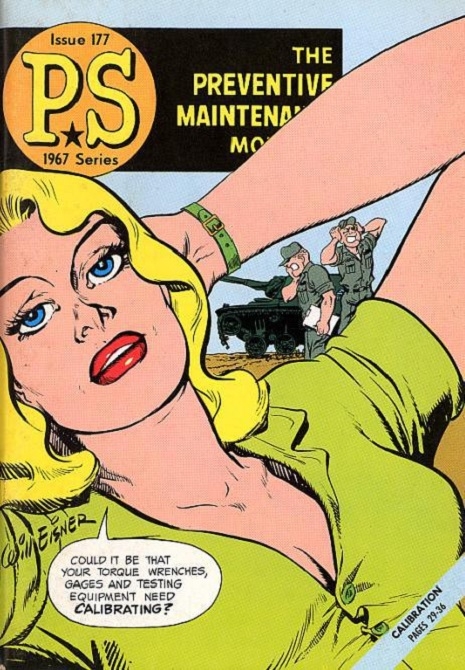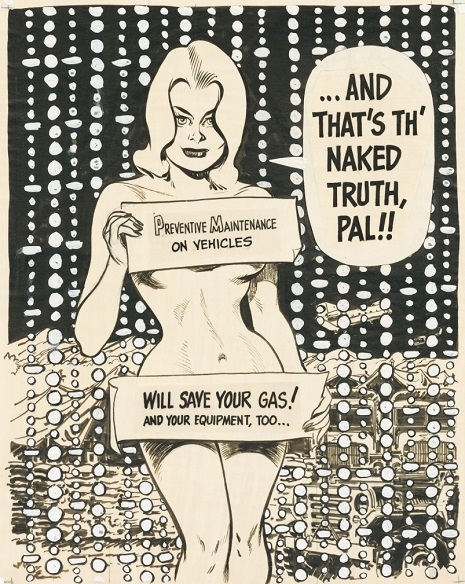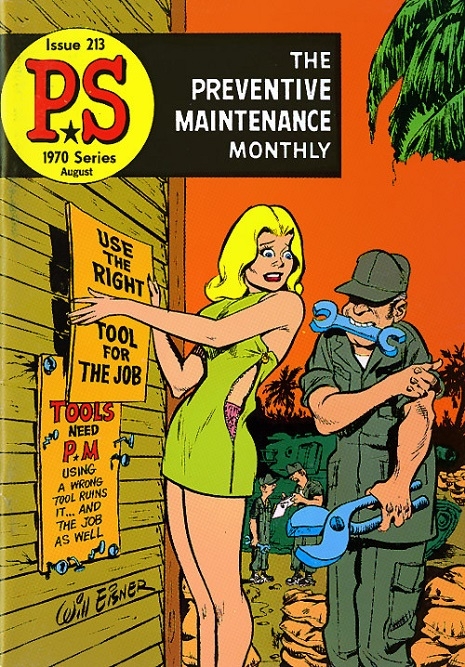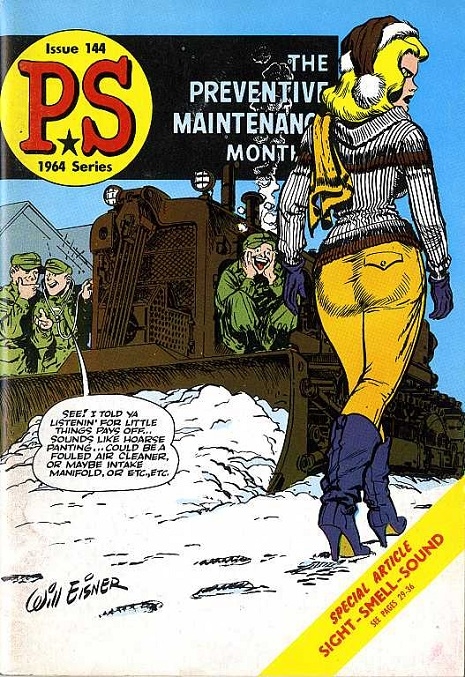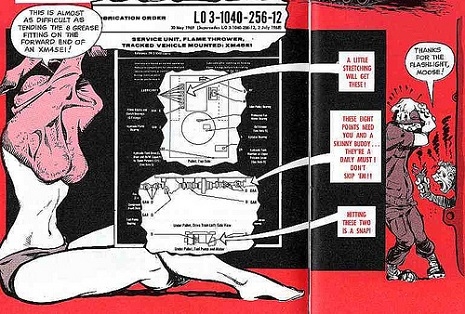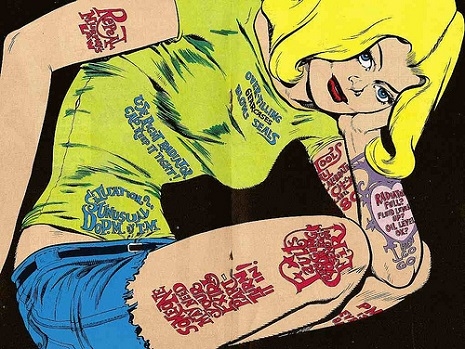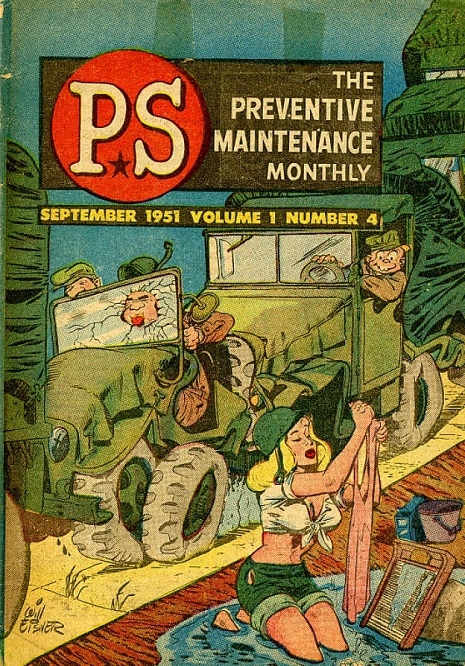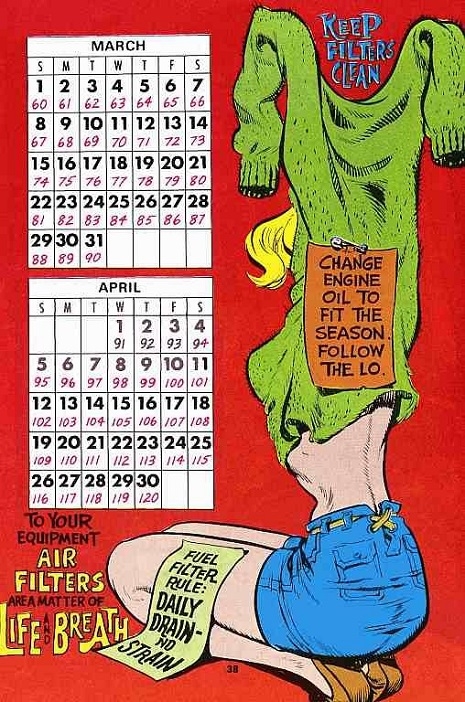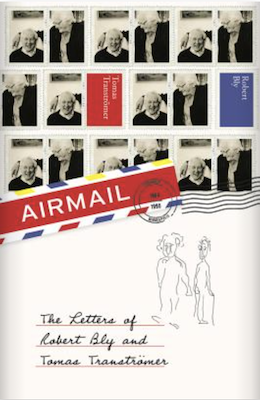In Brian Henry’s “Translation: An Essay”, he says: “I need to be able to communicate with whomever I’m translating — for practical reasons, but also because, for me, the only way to overcome the ‘impossibility’ of translation is to approach it as an act of friendship, a living act.” Henry isn’t necessarily placing a higher value on this “living act,” but outlining why it’s central to his process as a translator. I’m intrigued by the opportunities and limitations such a process might present, but mainly compelled to reflect on my own experience with Tomas and Monica Tranströmer.
It's important to note that in 1990 Tomas had a major stroke that resulted in right-sided paralysis and what had been described in everything I’d previously read as “difficulty speaking.” Also noteworthy is that I’m an RN. After my first visit with the Tranströmers, when I was still gaining proficiency in Swedish and well before I’d started translating Tomas, I wrote in my journal:
As Monica and I move back and forth between Swedish and English, it becomes clear that Tomas is aphasic. How did I not know about the degree of his “difficulty”? He understands perfectly, is obviously engaged in the conversation, but cannot articulate a response, except for the reply “Det är mycket bra” (“It’s very good”), which he repeats fairly often, with great facial expression, sometimes gesticulating with his left hand.
A year or so later, our conversations turned to my translations of The Sorrow Gondola. Monica, who has always been Tomas’s main reader, said that both she and Tomas had read and “discussed” my translations. Having witnessed, on many occasions and for hours on end, how fluently she could interpret his expressions, gestures, and seemingly futile attempts at speech, I had confidence in the depths of those discussions. On their printed-out version of my translated manuscript, there were occasional words underlined in faint and slightly shaky pencil. We went through the poems, one by one, sometimes merely talking about that poem’s occasion, where Monica would share a story, Tomas eagerly listening. If there was an underline, we’d discuss that word. By then, our conversations were purely in Swedish, so in Swedish I would explain my English word choice (using Swedish words other than the Swedish word used in the original text!). We spent hours and days in conversation, with many distractions for lunch, strolls, or lapses into social chatter. At some point, it became clear that the process was as much about honing trust as honing the translations. In fact, we never discussed the last handful of poems in that short collection.
My point is that the relationship itself was a translated experience, based on a connection that stemmed from the body and worked outward through the poetry to a mutual trust. Was this level of friendship, which encompassed the literary and the deeply personal, enough, as it was for Brian Henry, “to overcome the ‘impossibility’ of translation”?
I hadn’t thought of it in those terms. But it does speak to the unique influences of my translation process and the larger notion that, as translators, we all bring something truly our own to the work. Eliot Weinberger assures us of this in 19 Ways of Looking at Wang Wei, when he says, “The transformations that take shape in print, that take the formal name of ‘translation,’ become their own beings, set out on their own wanderings.”
Of course, “overcoming the impossibility” isn’t just a translator’s struggle. It’s an artist’s struggle. Whether translating, writing, painting, or performing a dance or musical piece, perfect correspondence is rare. If Weinberger is suggesting there’s originality in each translated work, it would have to be borne, in part, from the myriad forces influencing the translator’s life. Maybe that new terrain of mine was less about the work itself and more about engendering creative possibilities, including how to think about life and living, language and connection. Returning to the question of influence, when it comes to life experience and any kind of immersive creative work, isn’t it all influence? If so, surely at some point influence becomes confluence.
